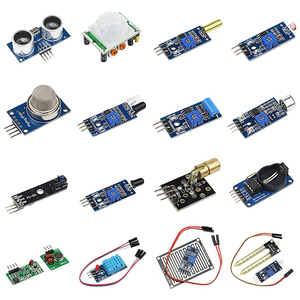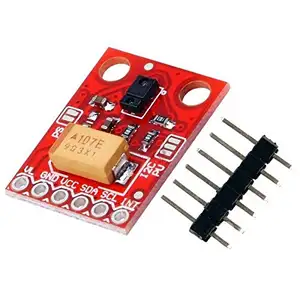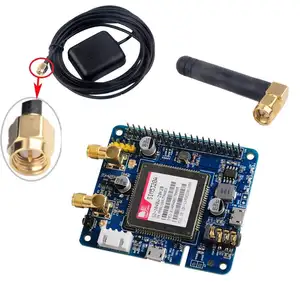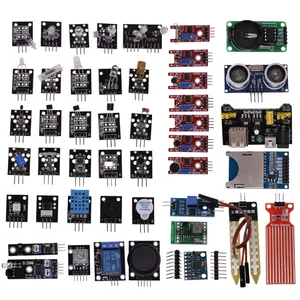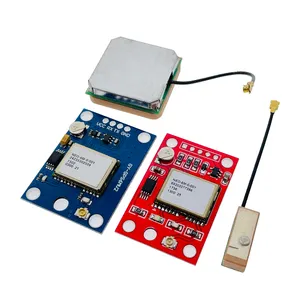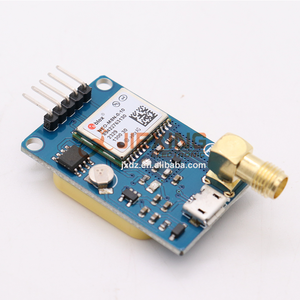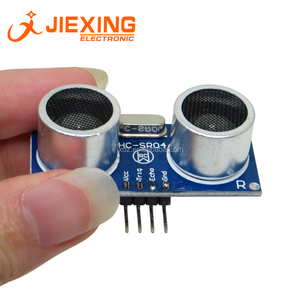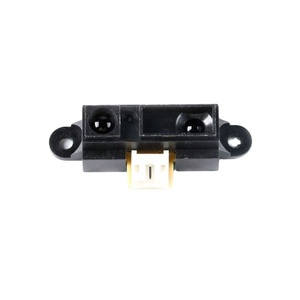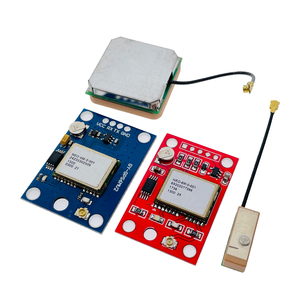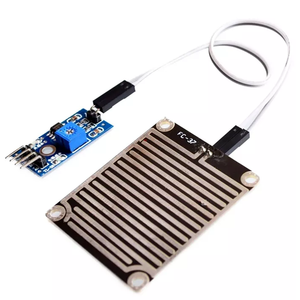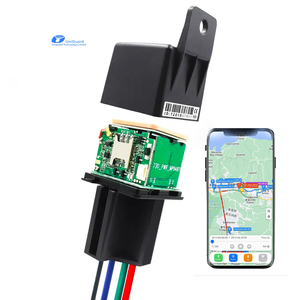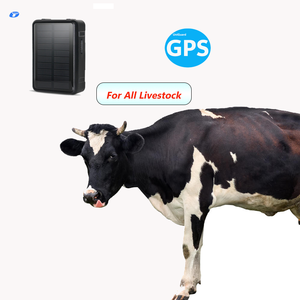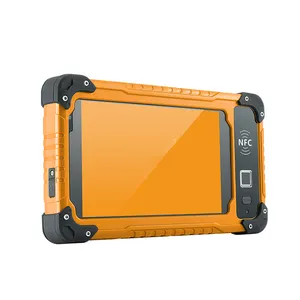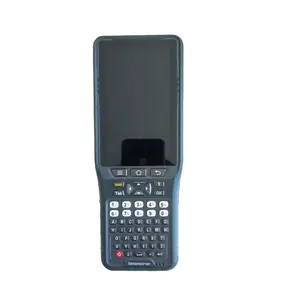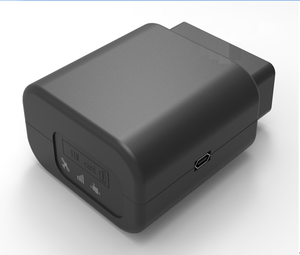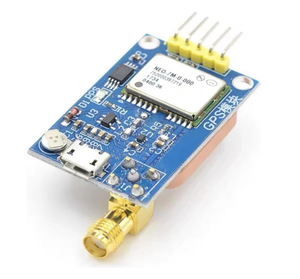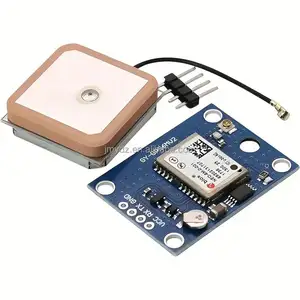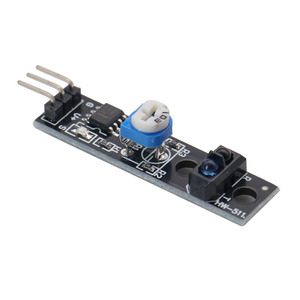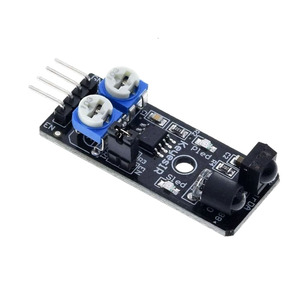Gps Sensor Arduino




 0
0







 1/2
1/2




 0
0







 1/2
1/2




 0
0






 1/3
1/3






 1/3
1/3



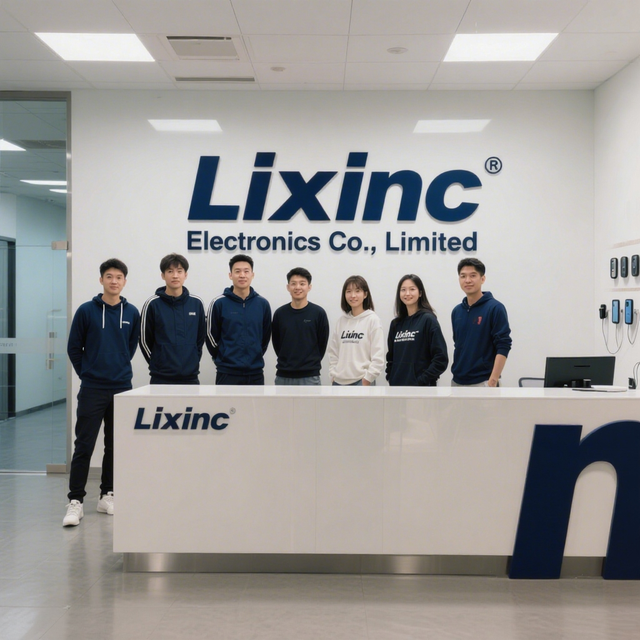
 1/1
1/1




 0
0






 1/5
1/5



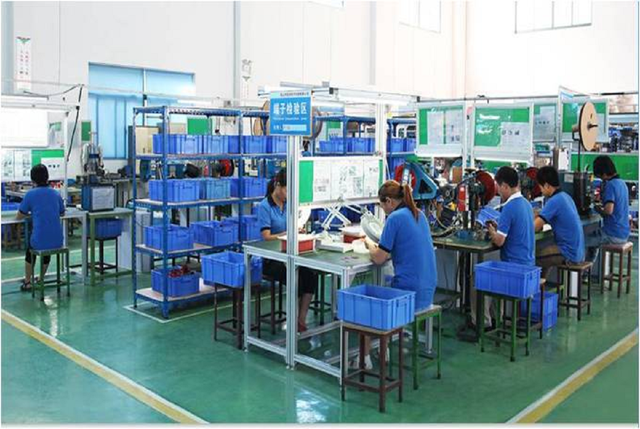
 1/1
1/1





 1/3
1/3



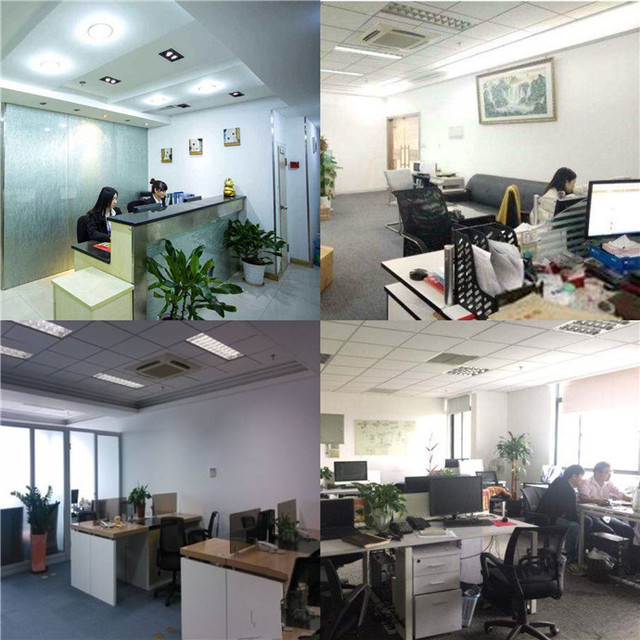
 1/1
1/1







 1/15
1/15







 1/3
1/3




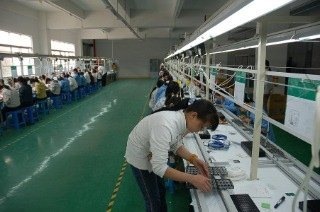

 1/3
1/3




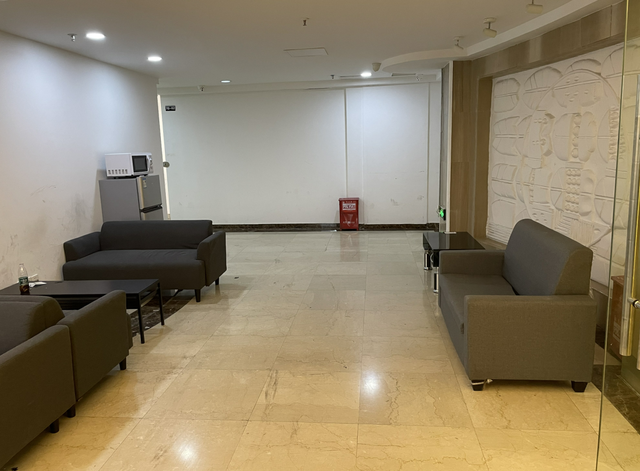

 1/3
1/3



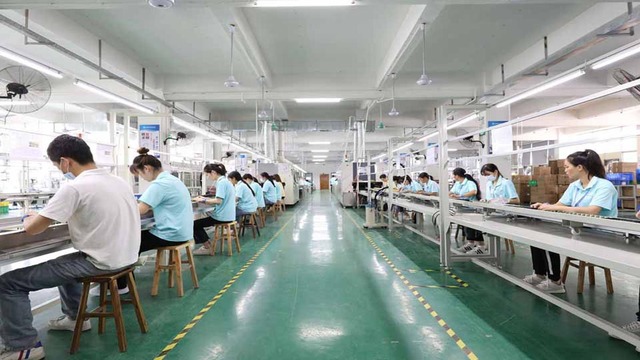

 1/3
1/3





 1/3
1/3




 0
0
About gps sensor arduino
Where to Find GPS Sensor Arduino Suppliers?
China remains the central hub for electronic component manufacturing, with Shenzhen-based suppliers dominating the production of GPS sensor modules compatible with Arduino platforms. The city's dense electronics ecosystem—encompassing PCB fabrication, IC sourcing, and rapid prototyping services—enables streamlined development and cost-efficient scaling. Key suppliers operate within vertically integrated facilities that support full-cycle production from design to final assembly, ensuring consistent quality control and fast turnaround times.
These manufacturers leverage localized supply chains to reduce material costs by 20–30% compared to Western counterparts. Most offer modular designs based on widely used chipsets such as NEO-6M, L76K, and SIM808, which integrate GPS, GLONASS, BDS, and QZSS satellite systems for global positioning accuracy. With average lead times ranging from 7 to 15 days for standard orders, buyers benefit from responsive production cycles ideal for both prototyping and medium-volume deployment.
How to Choose GPS Sensor Arduino Suppliers?
Selecting reliable partners requires a structured evaluation across technical, operational, and transactional dimensions:
Technical Compatibility & Design Validation
Confirm compatibility with Arduino IDE and common microcontrollers (e.g., Uno, Nano, Mega). Prioritize modules featuring UART/TTL serial interfaces, built-in EEPROM for configuration storage, and onboard antennas or external antenna connectors. Verify chipset specifications—NEO-6M is standard for basic tracking, while multi-constellation receivers (e.g., L76K) enhance signal acquisition in urban canyons or under foliage.
Production Capability Assessment
Evaluate supplier infrastructure through available performance metrics:
- On-time delivery rates exceeding 95% indicate reliable logistics execution
- Response times under 2 hours reflect strong customer engagement capacity
- Minimum order quantities (MOQs) starting at 1 piece accommodate low-volume testing
- Monthly online revenues above US $30,000 suggest established market presence and volume handling capability
Cross-reference product listings with actual module documentation, including pinouts, power requirements (typically 3.3V–5V), and baud rate settings. For integration-heavy applications, confirm availability of example code libraries (e.g., TinyGPS++, Adafruit_GPS).
Transaction Risk Mitigation
Utilize secure payment methods where funds are released only after delivery confirmation. Analyze reorder rates as an indicator of customer satisfaction—suppliers with rates below 15% may lack differentiation or long-term reliability. Request sample units to validate signal sensitivity, time-to-first-fix (TTFF), and positional drift before bulk procurement.
What Are the Best GPS Sensor Arduino Suppliers?
| Company Name | Main Products | Online Revenue | On-Time Delivery | Reorder Rate | Avg. Response | Customization | Min. Order | Price Range (USD) |
|---|---|---|---|---|---|---|---|---|
| Shenzhen Sanrui Technology Co., Ltd. | Drones, Smart Robots, GPS Modules | US $2,800,000+ | 95% | <15% | ≤3h | No | 10 pieces | $1.94–5.54 |
| Shenzhen Mingdewei Electronics Limited | GPS, 3G, SIM808 Modules | US $130,000+ | 99% | 19% | ≤2h | No | 10 pieces | $1.00–10.00 |
| Shenzhen Zhicheng Electronic Technology Co., Ltd. | GPS Modules, Sensor Kits | US $100,000+ | 95% | <15% | ≤2h | Yes | 5–10 pieces | $1.50–16.00 |
| Shenzhen Shangtuo Semicon Co., Ltd. | NEO-6M, Ultrasonic Modules | US $30,000+ | 96% | 18% | ≤2h | No | 1 piece | $2.65 |
| Shenzhen Jinxinyi Electronic Co., Ltd. | Sensor Modules, PCBAs | US $20,000+ | 96% | <15% | ≤2h | No | 2–10 pieces | $1.70–6.60 |
Performance Analysis
Shenzhen Sanrui stands out with the highest reported revenue (US $2.8M+), indicating robust export activity and scalability, though its higher price points reflect focus on drone-integrated solutions. Shenzhen Mingdewei leads in on-time delivery (99%) and offers competitive pricing, making it suitable for time-sensitive procurements. Shenzhen Zhicheng provides customization options—including color, labeling, and packaging—adding value for branded deployments. Shenzhen Shangtuo distinguishes itself with a 1-piece MOQ and stable pricing at $2.65 per unit, ideal for R&D testing. Buyers prioritizing responsiveness should note that all top-tier suppliers maintain sub-3-hour average reply times, with 80% achieving ≤2h response.
FAQs
What certifications should GPS sensor Arduino modules comply with?
While formal ISO/CE certification is uncommon for individual modules, reputable suppliers adhere to RoHS compliance for hazardous substance restrictions. For commercial integration, verify EMI shielding, thermal stability, and signal integrity testing. Systems destined for automotive or industrial use should meet AEC-Q100 or IEC 60533 standards where applicable.
What is the typical sampling timeline and cost?
Sample processing takes 3–7 days, with shipping adding 5–10 business days internationally. Most suppliers charge full price for single samples; however, discounts apply when purchasing multi-unit kits (e.g., 45-in-1 sensor bundles). Some vendors deduct sample costs from subsequent bulk orders exceeding 50 units.
Can suppliers provide firmware or software support?
Limited direct firmware support is offered, but most modules are designed for open-source ecosystems. Buyers should expect access to datasheets, AT command references, and basic Arduino sketches. For advanced features like geofencing or dead reckoning, third-party libraries or in-house development are typically required.
Is customization available for GPS sensor modules?
Only select suppliers, such as Shenzhen Zhicheng, offer physical customization—including logo printing, custom PCB colors, and tailored packaging. Electrical modifications (e.g., voltage regulation, antenna type) are generally not supported unless part of a dedicated OEM project with minimum volumes of 1,000+ units.
How to optimize logistics for international procurement?
For orders under 2kg, express couriers (DHL, FedEx) provide fastest delivery (3–7 days). Larger shipments benefit from air freight consolidation or sea freight for volumes over 100kg. Confirm Incoterms (FOB Shenzhen vs. CIF destination) during negotiation to allocate shipping responsibilities and insurance coverage appropriately.





